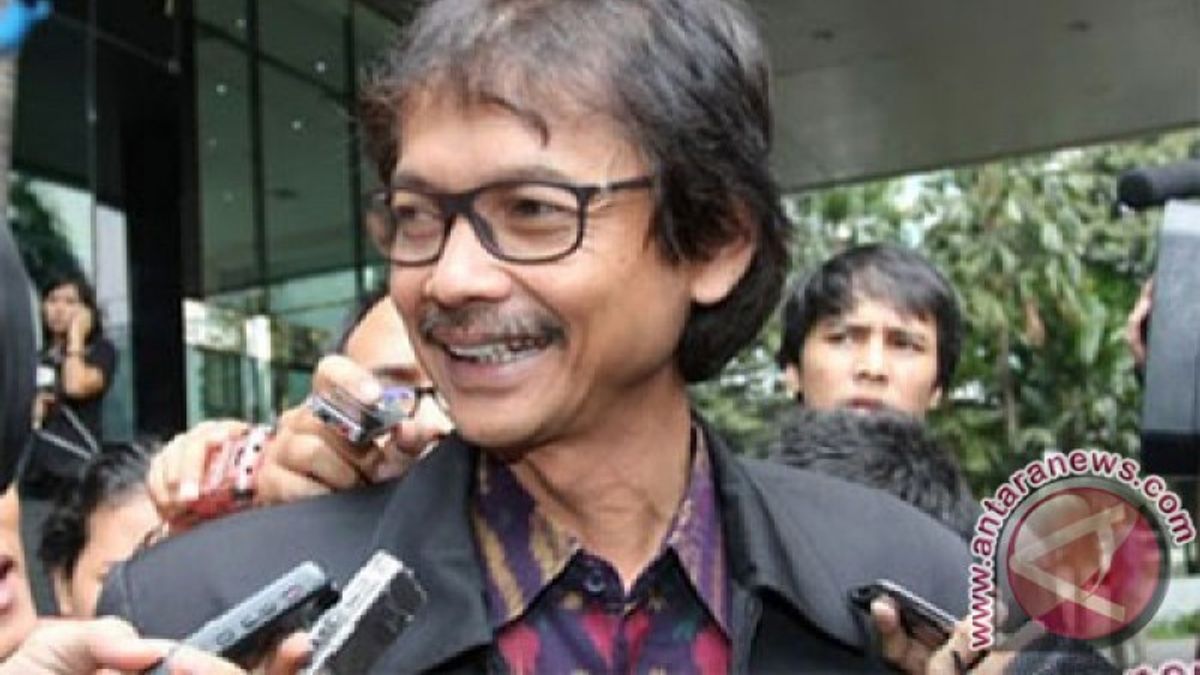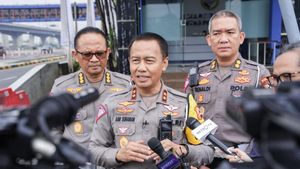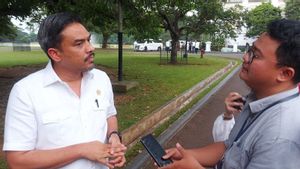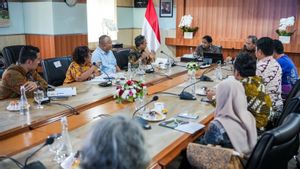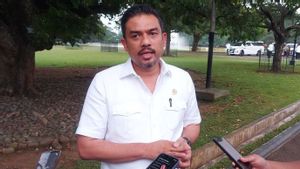JAKARTA - The G20 presidency in Indonesia aims to promote the energy transition towards sustainable recovery and increased productivity. Particular attention is paid to providing energy access to archipelagic countries so that not a single island is left behind.
The Director General of Electricity at the Ministry of Energy and Mineral Resources (ESDM), Rida Mulyana, revealed that the energy transition for archipelagic countries is very important to mitigate the impacts of climate change, the realization of this requires cooperation from countries in the world to overcome the existing challenges.
"We need to work collectively to overcome these challenges. The energy transition for archipelagic countries is very important to mitigate the impacts of climate change starting from the front lines," Rida said in a statement to the media, Saturday, May 21.
Rida explained that archipelagic countries are very vulnerable to external factors such as natural disasters and the impact of climate change, so they experience disruptions in the energy supply chain.
At the same time, island nations often have problems with interconnection and rely heavily on imported fossil fuels and distribution networks.
As a result, the country is lagging behind in Sustainable Development Goal 7 (SDG 7) especially in energy access.
Rida further said that Indonesia is currently on its way to achieving universal energy access in line with the energy transition agenda. Equitable access to energy must be achieved by the entire community, especially in the outermost, outermost, and underdeveloped islands through several points.
"First, adequate electricity supply, quality electricity supply, and affordable electricity prices. Second, for the national target of electricity supply in all regions, Indonesia targets an electrification ratio of 100 percent by the end of 2022. Lastly, from the supply side, we have set a target of 23 percent of renewable energy in the national energy mix by 2025," said Rida.
Rida further added, Indonesia is currently making an energy transition towards using and accessing cleaner energy in support of its commitment to Net Zero Emissions (NZE) by 2060 or earlier.
In support of this objective, several actions are being prepared and implemented including no additional new coal-fired power plants except those already contracted or under construction.
"Additional power generation after 2030 will only come from New and Renewable Energy Resources. We will have an additional 21 GW of renewable energy power generation by 2030 and from this target, we already have 11.1 GW of electricity supported by renewable energy sources," Rida explained.
The government is also making efforts to convert diesel-fueled power plants into renewable energy sources, such as from photovoltaic solar power plants which will produce around 1 GW of cleaner energy. Network connectivity is also enhanced in order to support the mobilization of native renewable energy sources to demand centers.
Another effort is the provision of energy-saving lamps with household-scale solar panels, electric tubes, and electric charging stations to support access to electricity for remote and outer islands. The acceleration of electrification is also being pursued through a new electricity access installation program to electrify more than 192 thousand low-income households who currently do not have direct access to electricity.
"All of these efforts will be the first step towards a more sustainable future for Indonesia. I hope that Indonesia and other archipelagic countries can learn together in achieving energy access by means of a clean, fair and sustainable energy transition," concluded Rida.
The English, Chinese, Japanese, Arabic, and French versions are automatically generated by the AI. So there may still be inaccuracies in translating, please always see Indonesian as our main language. (system supported by DigitalSiber.id)
